Bing saw the number of U.S. searches on its site increase 5 percent in January from December to 9.37 percent of the search market, according to a new report from Hitwise.
Ask also had a 4 percent increase in the number of searches from December to account for 2.64 percent of the search market.
Google still dominated with 71.49 percent of the search market but saw a month-over-month decline of 1 percent. Yahoo landed in the second position with 14.57 percent of the search market and also had a month-over-month decline of 2 percent.
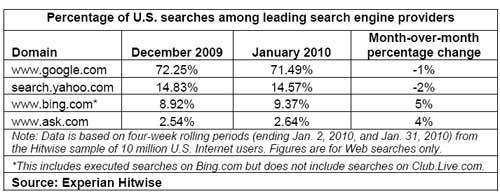
Longer search queries, averaging searches of five to more than eight words in length, were up 5 percent between December and January. Searches of eight or more words increased 6 percent.
The same time period showed that shorter search queries, averaging one to four words, were down 1 percent from month to month. Searches of one word consisted of the majority of searches, accounting for 23.67 percent of all queries.
engines remain the primary way Internet users navigate to key industry categories. Comparing January with December, automotive, business and finance, entertainment, news and media, shopping, social networking and sports categories showed double digit increases in their share of traffic coming from search engines.
Among the top three search engines, Google sent the most visits to the automotive, health, shopping and travel categories. Bing saw double-digit growth among all four categories, including a 94 percent increase in the health category.
Related Articles:
> Microsoft Exec Talks Bing Success/Profitability
> Bing Now Offering More Finance Information
> Bing Gets Localeze To Augment Local Biz Listings
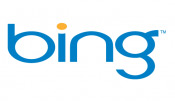 Bing’s share hit 11.3 percent in January, up 0.6 percent from its December standing of 10.7 percent, according to comScore. That’s a reasonably significant gain, especially given Bing’s smallish starting point.
Bing’s share hit 11.3 percent in January, up 0.6 percent from its December standing of 10.7 percent, according to comScore. That’s a reasonably significant gain, especially given Bing’s smallish starting point.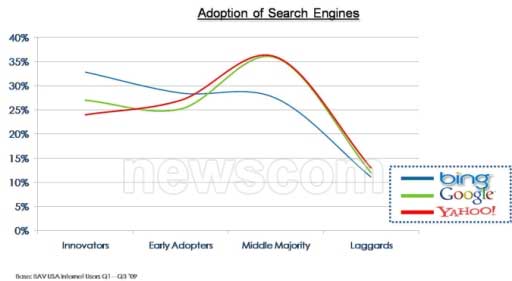
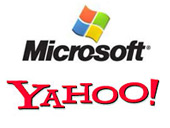 Yusuf Mehdi, the senior vice president of Microsoft’s online audience business, talked to
Yusuf Mehdi, the senior vice president of Microsoft’s online audience business, talked to 

 Speaking of Google, though, there is one awkward thing about Localeze’s relationship with Bing: as the picture to the right shows, it seems that Localeze picked Mountain View’s search giant to power the search function on its own site.
Speaking of Google, though, there is one awkward thing about Localeze’s relationship with Bing: as the picture to the right shows, it seems that Localeze picked Mountain View’s search giant to power the search function on its own site.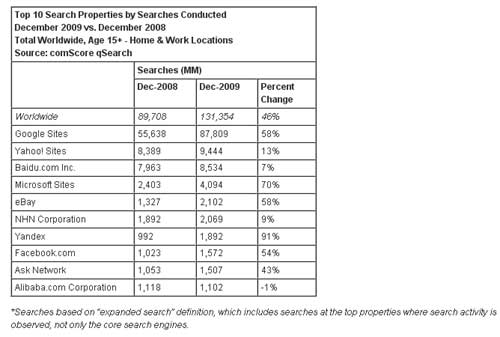


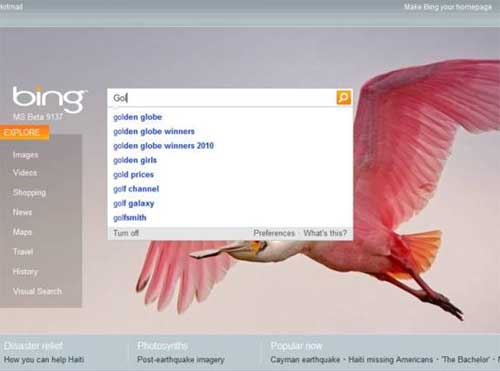

 To give credit where it’s due:
To give credit where it’s due: 